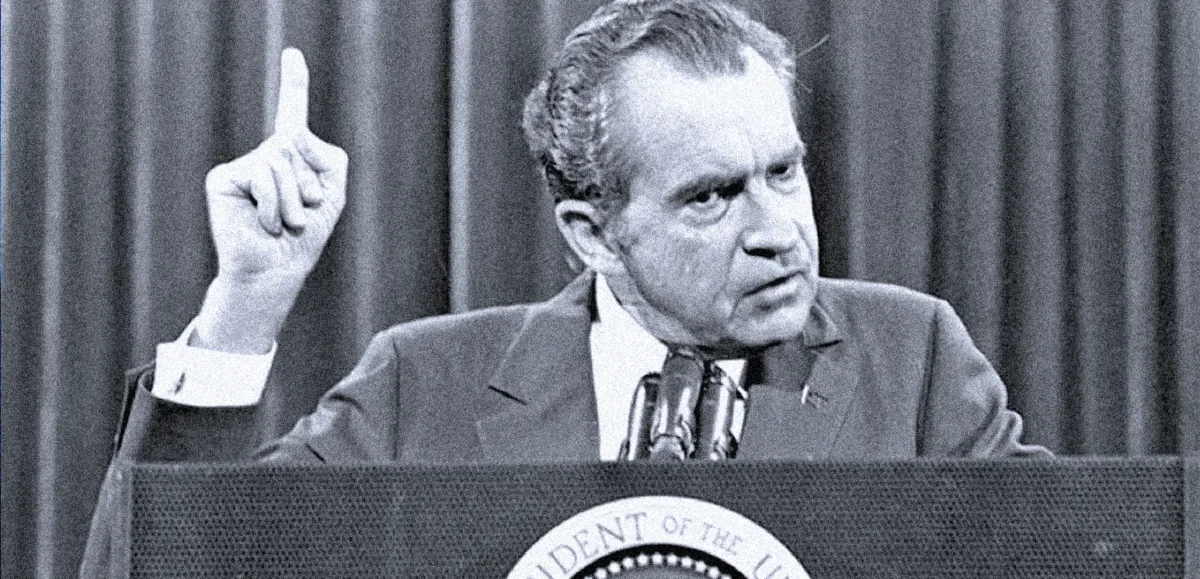
Why should you avoid repeating negative questions in media interviews?
We're discussing why you should avoid repeating negative questions in media interviews. Now, I think the best way to illustrate this is with perhaps the number one example of how to get this wrong. It is very old, but it's a brilliant example, so apologies to anyone under the age of 65.
I'll let you Google the circumstances, but roughly speaking, in 1973, the then US President Richard Nixon was at the height of the Watergate scandal, and he said this in his defence:
Example: Nixon - I'm not a crook - 1973
Richard Nixon: "And want to say this to the television audience. I made my mistakes, but in all of my years of public life, I have never profited, never profited from public service.
I've earned every cent. And in all of my years of public life, I have never obstructed justice.
And I think, too, that I can say that in my years of public life, that I welcome this kind of examination because people have got to know whether or not their president is a crook.
Well I'm not a crook. I've earned everything I've got."
Repeating a negative statement or question in the media can make it appear more believable
And the cock up he made there was saying, "I am not a crook." So that made all the newspaper headlines the next day, didn't it? Nixon says, I'm not a crook.
The problem is that when you repeat a negative statement or question in the media like he did, it can make that negative idea stick in people's minds. And it did for Richard Nixon.
By using the same words, you accidentally make the negative assumptions seem true or more believable.
Now, Nixon resigned the following year and it's a mistake that politicians have been careful not to repeat.
Example: Kier Starmer - 2024
So let's fast forward to another example from 2024, the general election campaign in the UK and the Labour Party leader Keir Starmer, known for his moderate approach, is carefully trying to distance himself from comments he made about his left-wing predecessor, Jeremy Corbyn, who led the party to defeat in the 2020 election.
Presenter: "You said he'd make a great prime minister. Did you mean it?
Keir Starmer: It wasn't a question that really arose because I didn't think we were going to win the election.
Presenter: But we all heard you. We all heard you saying he would be a great prime minister. That was your way of telling the people here, vote for him. Did you not mean that?
Keir Starmer: I was campaigning for the Labour Party. And I'm glad I did.
Presenter: Just answer this, yes or no. When you said Jeremy Corbyn would make a good Prime Minister, did you mean it?
Presenter: Look, he would be a better Prime Minister. Look what we got, Boris Johnson."
More media training guides and podcasts
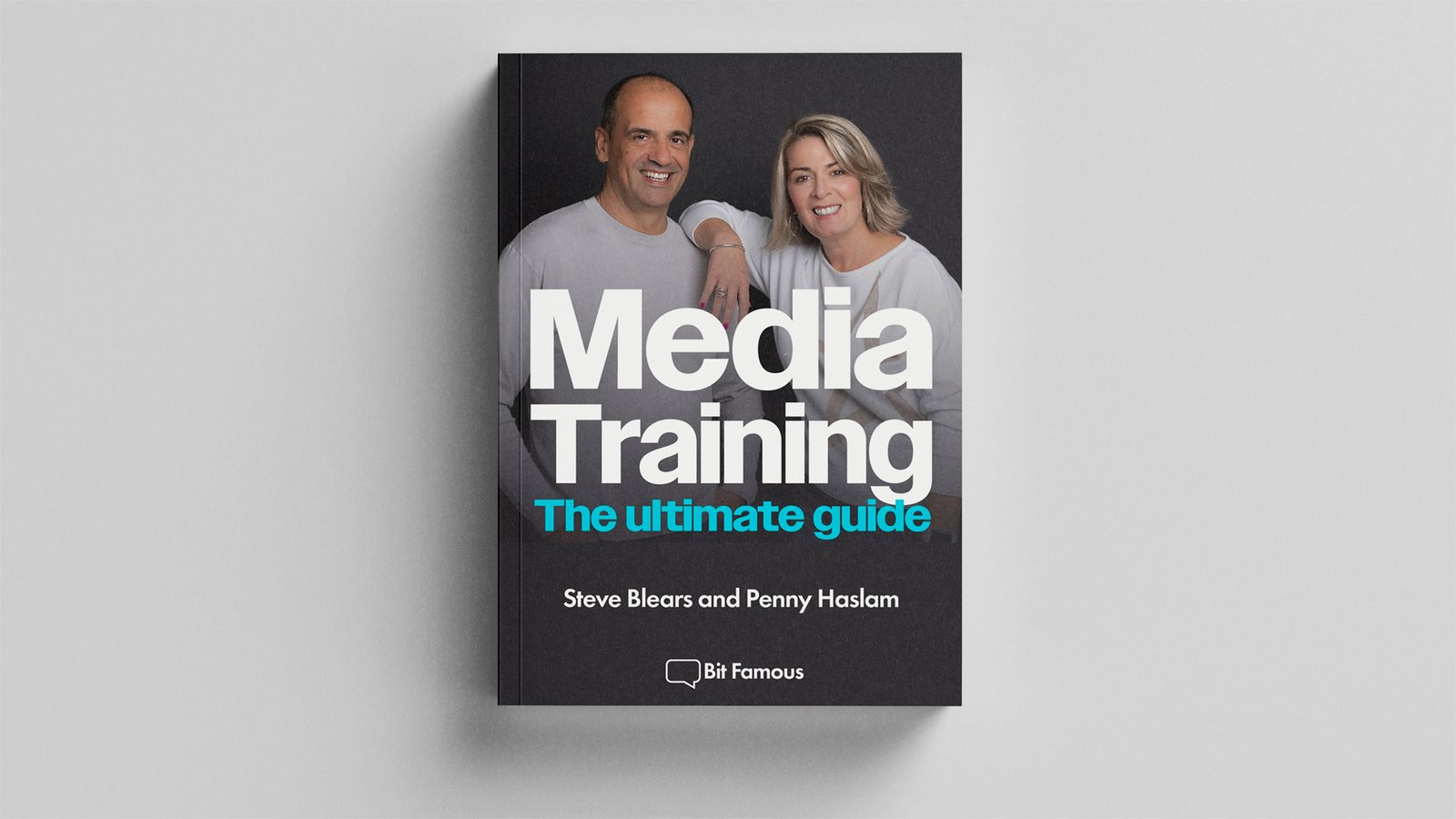
Media training book

How to hold a press conference

Time for a media training refresher?
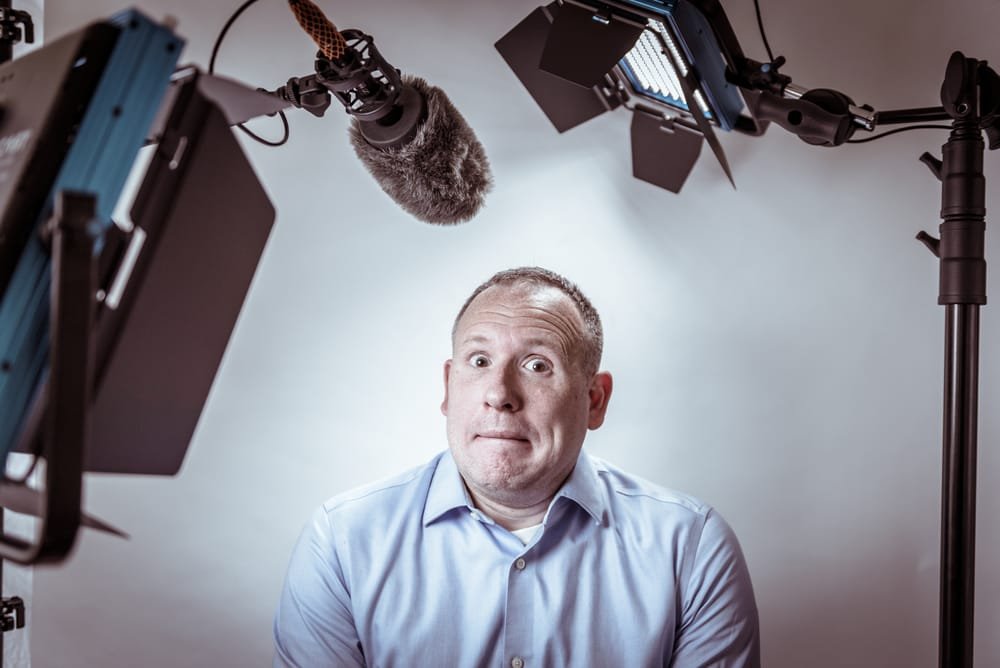
How to get your boss on board with media appearances

Is it okay to say “I don’t know” in a media interview?
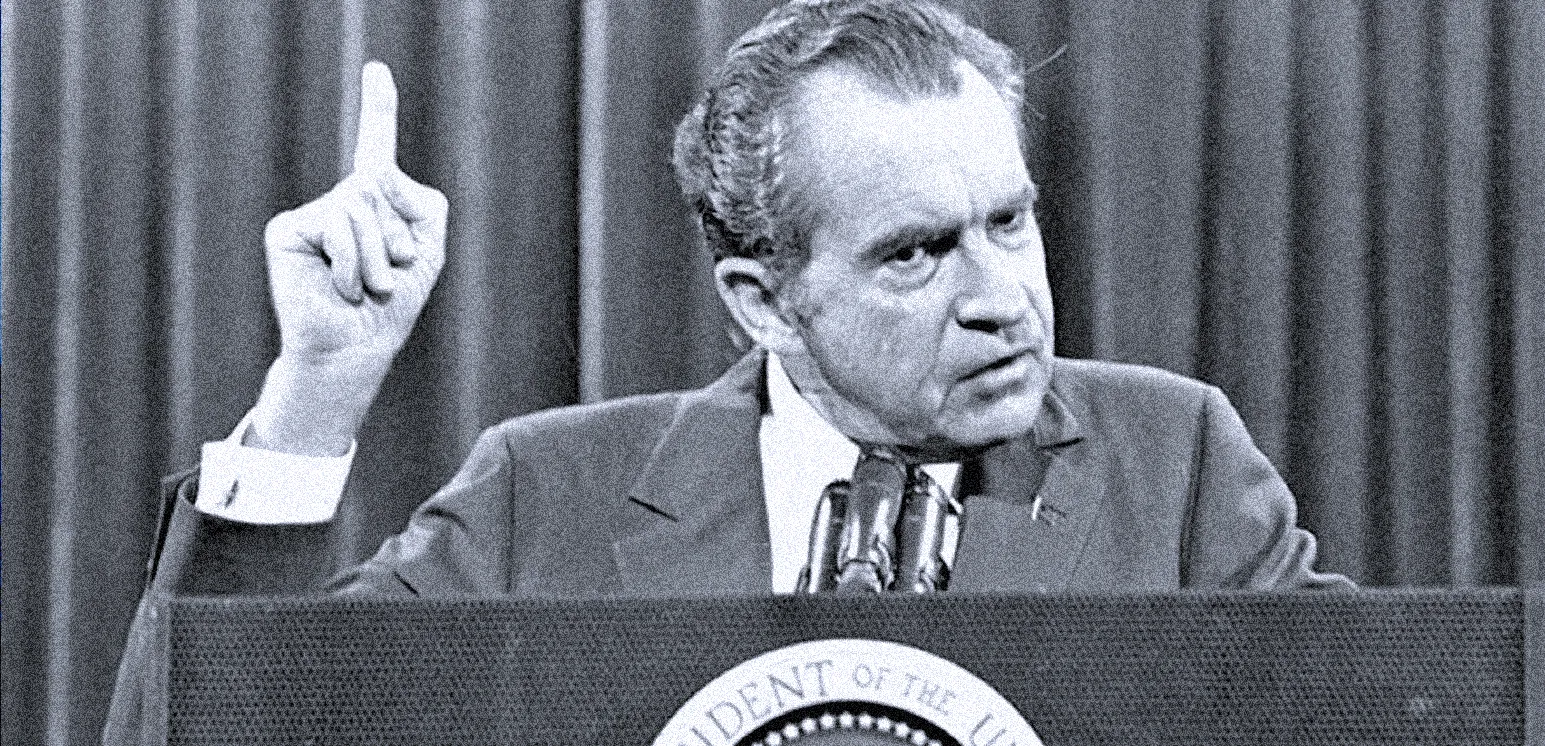
Why should you avoid repeating negative questions in media interviews?

How to look and sound relaxed in a media interview, performance tips

Mastering profile interviews in the media

Media appearances, the unwritten rules

Public apologies, how to say sorry in the media and mean it

Why off-the-record journalism is riskier than you think

What are key messages in the media?

Give your leader feedback after a media interview

Why avoid corporate speak and office jargon in media interviews?
Avoiding the negative when trapped by loaded questions
Now you've got to hand it here to Keir Starmer, trapped by a loaded question that makes him look bad however he answers it. But well done to him for not saying, "Yes I did say Jeremy Corbyn would have made a great Prime Minister", because of the obvious consequences in the media's reaction. It would have been headlines the next day.
Repeating the negative question is an issue in politics and crisis comms
Okay, so those are my two examples and they are both political for a reason. That's because this issue of repeating the negative is only one. That really tends to pop up in political interviews and crisis comms scenarios. Now I've said it before, most media interactions are just a turn taking exercise in sharing expertise and information. You're unlikely to face this problem unless you're elected or the chief apologiser for an organisation that's done something wrong.
How to avoid repeating the negative
But let's look at some ways to avoid repeating the negative in statements and questions. So here are my ideas.
1. reframe the question: So don't repeat or respond directly to the negative parts of the question. Instead, shift the focus by sharing positive facts about you or your organisation. Y
2. Use positive language: So focus on what you want people to know rather than defending yourself. Make clear positive statements that support your message.
3. Redirect to the key points you want to make. So move quickly from any negative idea to your main point so you stay in control of the conversation.
Example of avoiding the negative
So for example, if you are asked:
"Why is your company facing record complaints about poor customer service?"
Don't say: "We're doing everything we can to fix our poor customer service." That's repeating the negative.
You could say something like, "We've listened to our customers and are committed to providing exceptional customer service so that every customer feels valued."
You get the idea. Now, there is lots more advice on reframing questions and bridging away to points that you'd like to make in my earlier podcast episode. It's called How to Answer Hostile and Negative Questions from a Journalist. There's a link in the show notes.

Media training book

How to hold a press conference

Time for a media training refresher?

How to get your boss on board with media appearances

Is it okay to say “I don’t know” in a media interview?

Why should you avoid repeating negative questions in media interviews?

How to look and sound relaxed in a media interview, performance tips

Mastering profile interviews in the media

Media appearances, the unwritten rules

Public apologies, how to say sorry in the media and mean it

Why off-the-record journalism is riskier than you think

What are key messages in the media?

Give your leader feedback after a media interview

Why avoid corporate speak and office jargon in media interviews?
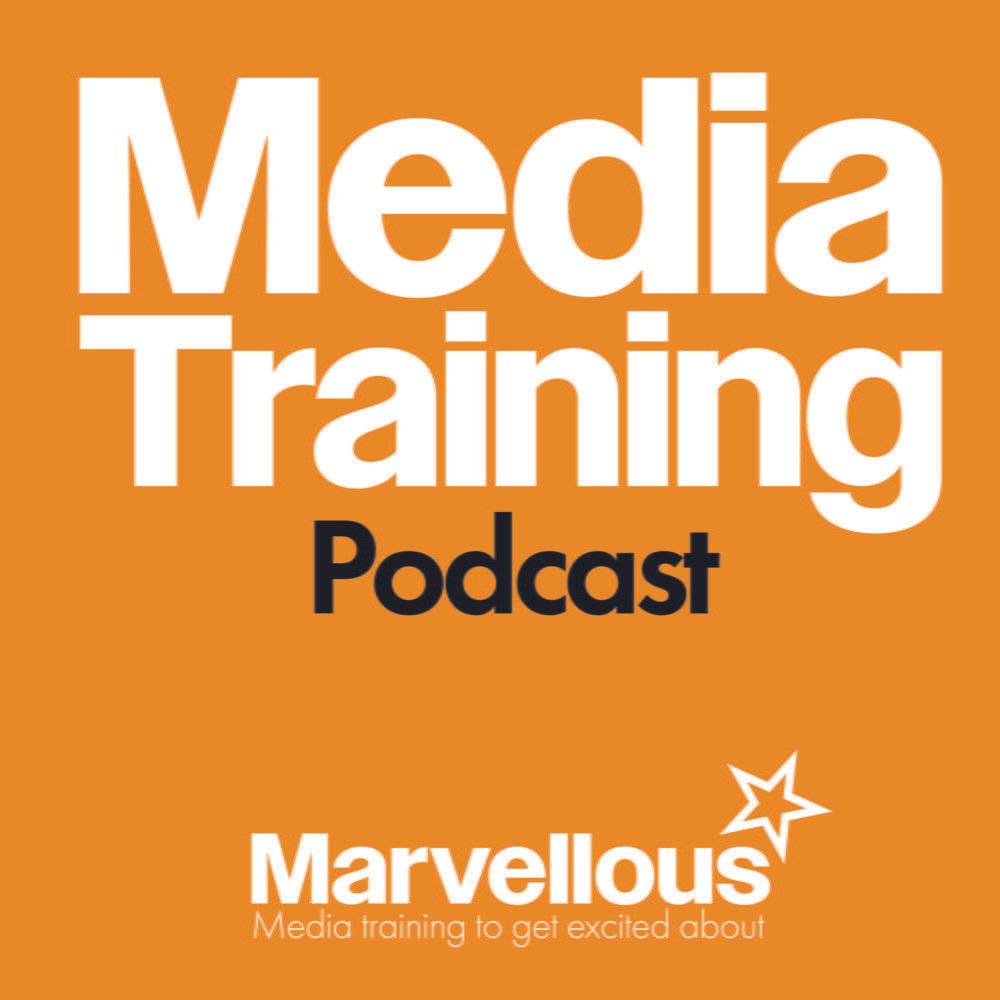
Media interview preparation checklist

How to create a founders’ origin story

How to answer hostile or negative questions from a journalist

How to be authentic in a media interview

Crisis Management: How to write a holding statement
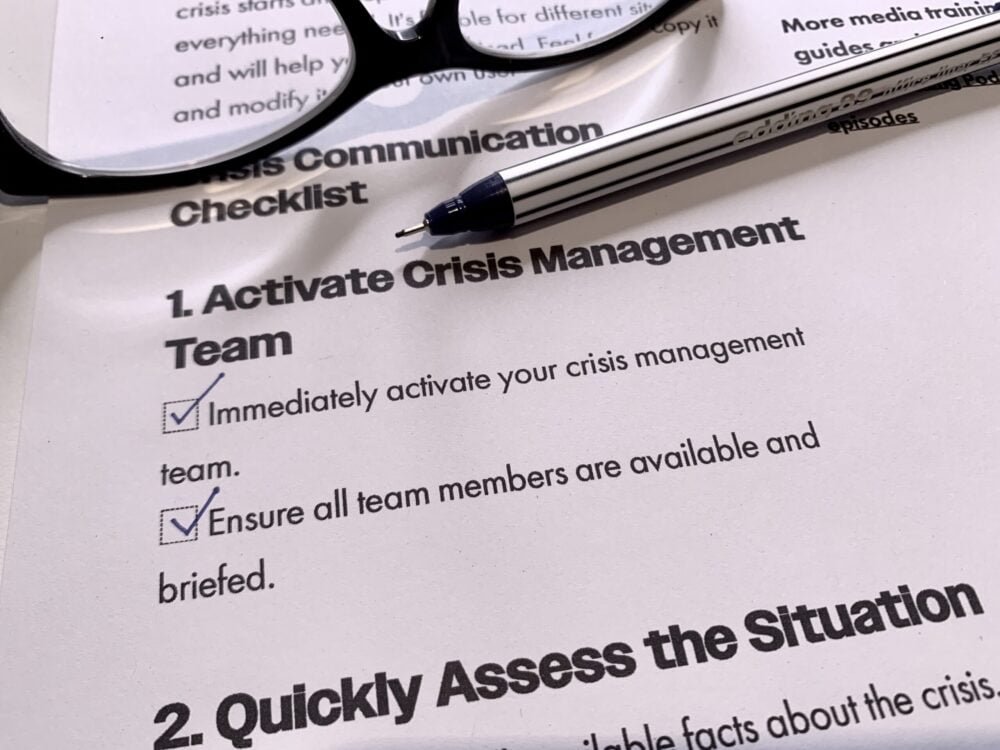
Crisis communications checklist

How to create a successful media soundbite
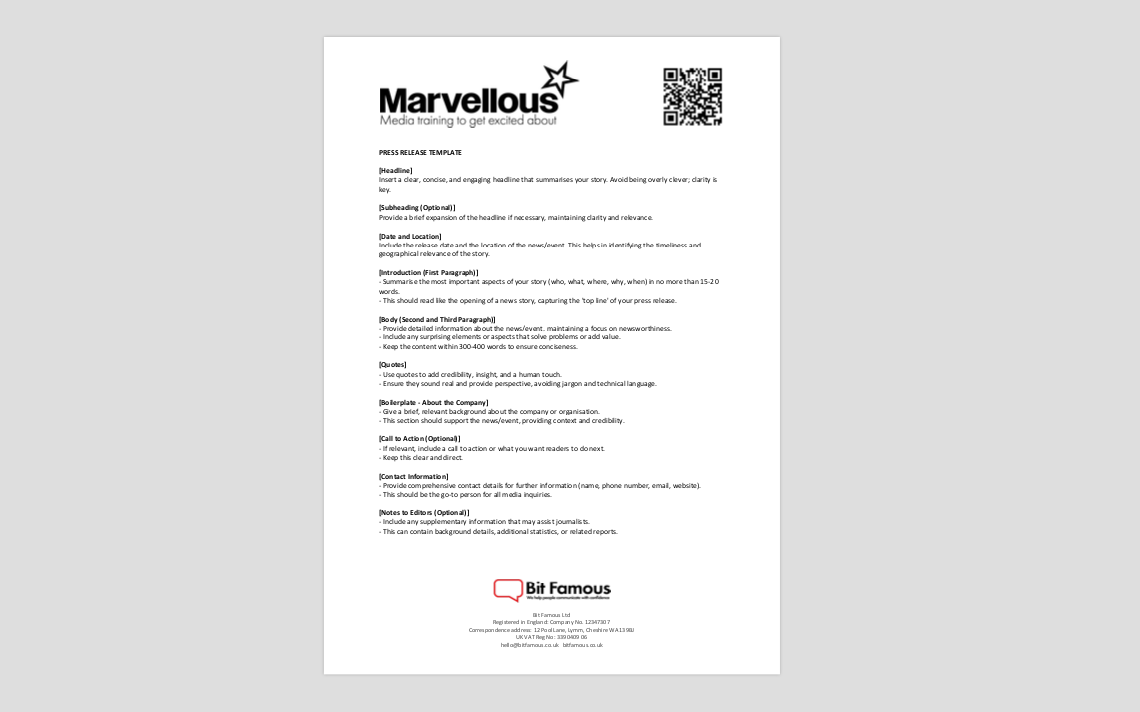
Free press release template (Word)
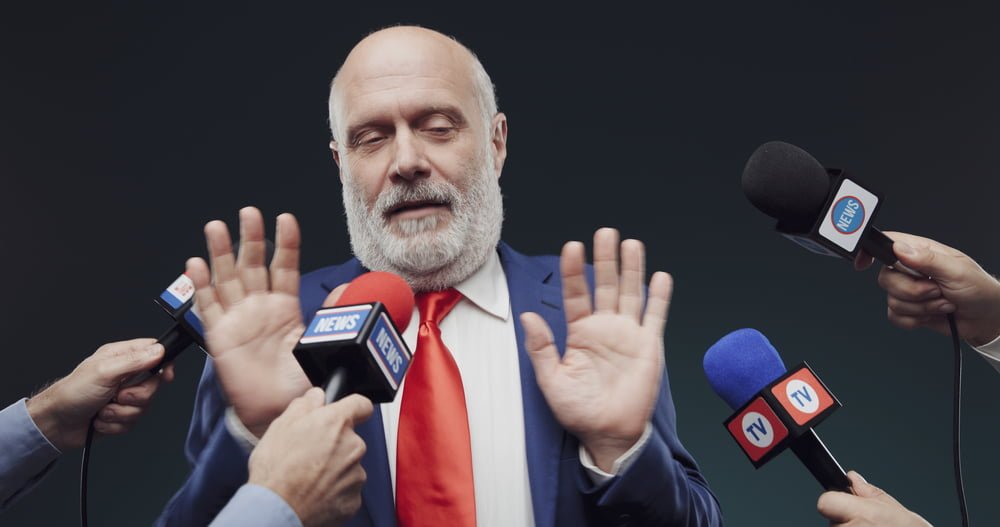
How do you handle a media question you don’t want to answer?

How to use #JournoRequest to get media attention for my business

How do I prepare for a TV interview online using Zoom, Teams or Skype?

How to appear on a business podcast

How to handle a difficult media interview
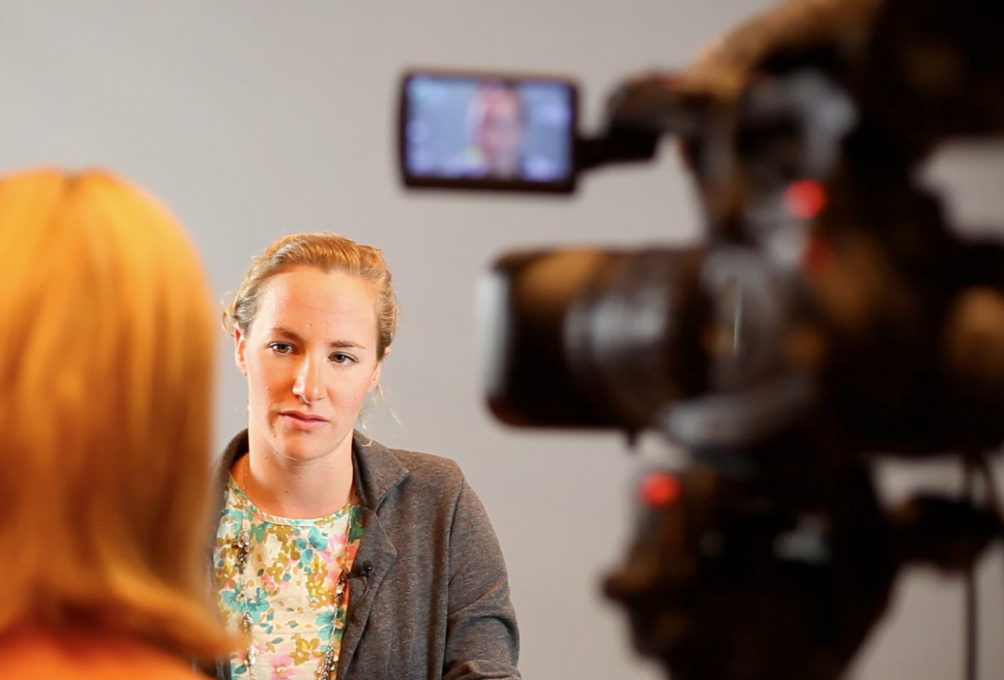
How to get featured in the media

How does the news work?
How can I develop a relationship with a journalist?


